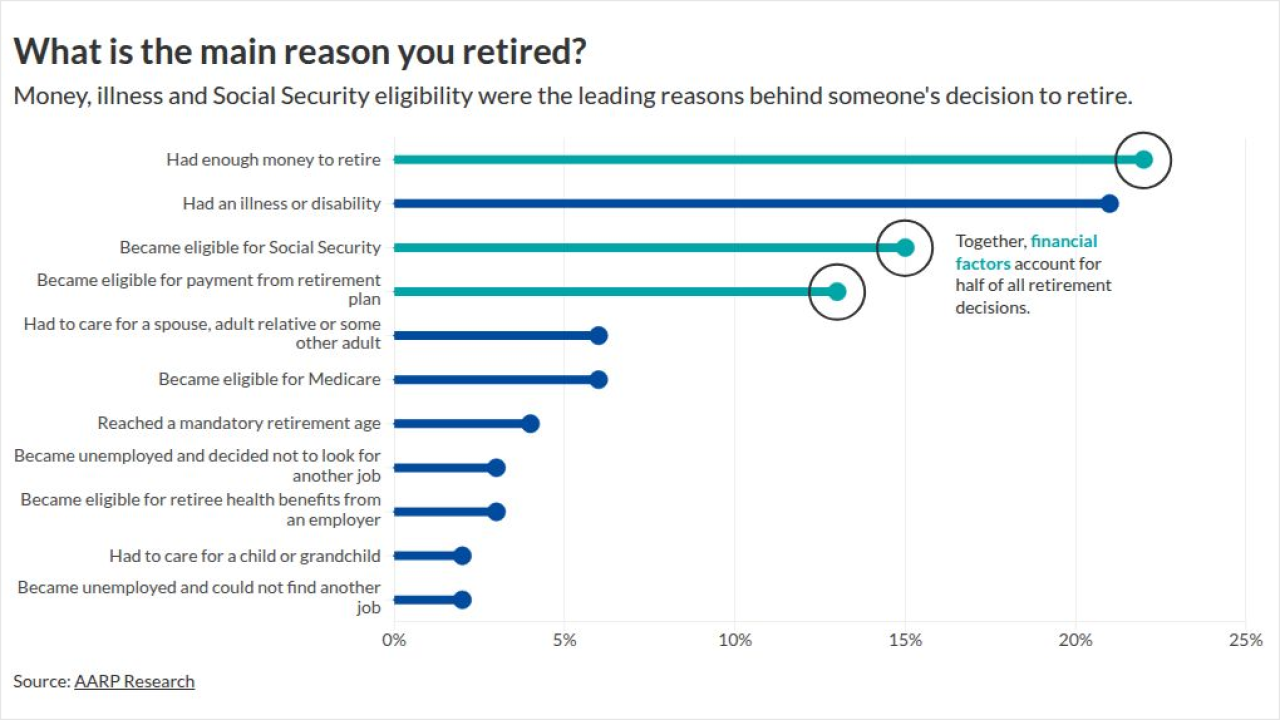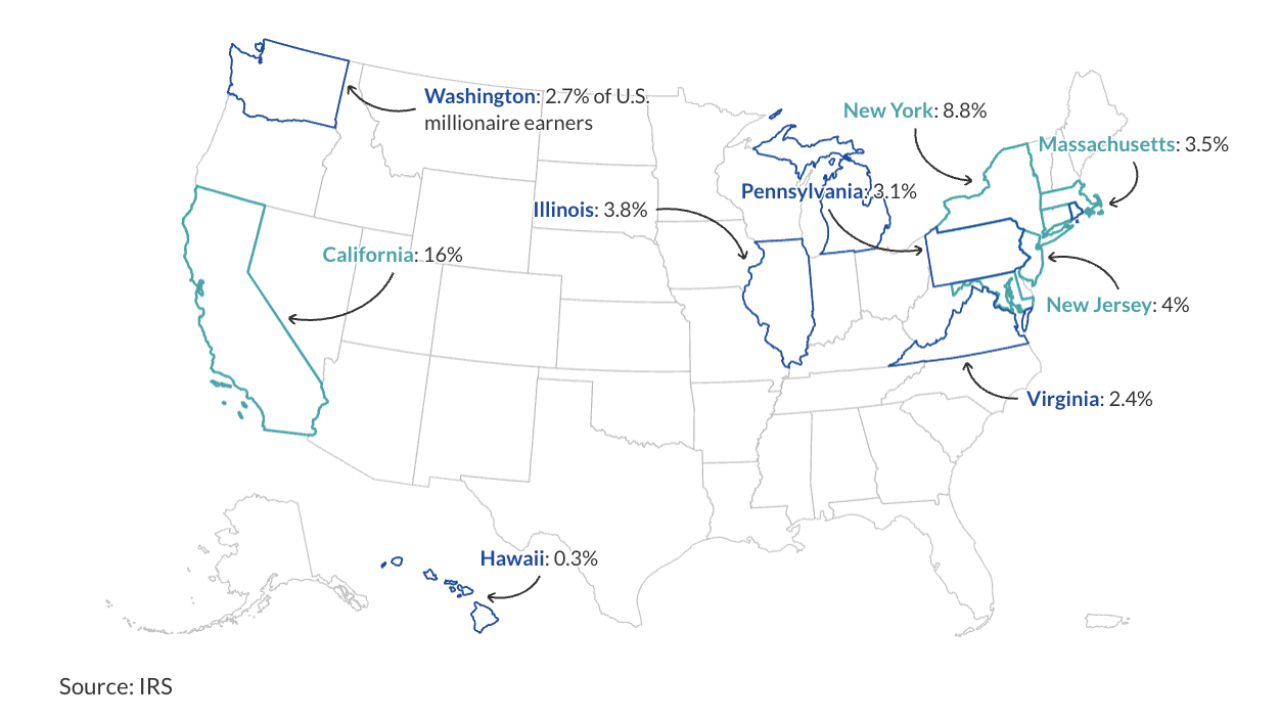With 10-year Treasuries paying 2.37%, down from an already low 2.76% a year ago, and CD’s offering investors even less, in the 1.5% range for 5-year products, finding income for older clients remains a challenge for advisors.
Nicholas Lacy, vice president and director of institutional research asset management services at Raymond James in St. Petersburg, Fla., says one answer might be investing not in debt, but in European large-cap stocks.
INTEREST IN DIVIDENDS
“In the course of meeting with hundreds of Raymond James advisors, we find that the biggest interest is in finding investments that generate high dividends,” he says.
“It’s a big change from an earlier time when it was all about coupon-clipping. And internationally, dividends are much better in Europe than they are in the U.S., so our advisors are buying more foreign, and especially European big companies that pay high dividends -- companies like Vodafone and GlaxoSmithKline, for example.”
The average spread between U.S. and non-U.S. dividend rates now is “as large as I have seen it,” he says, averaging about 100 basis points in Europe.
'NOT MUCH OF A SPREAD'
Not everyone would agree with such a strategy. Patricia Oey, a senior analyst and manager of research at Morningstar says 100 basis points is “not much of a spread” against U.S. companies if, as she suggests seems likely, the Euro continues its current slide against the dollar.
Over the past six months, for example, the Euro has slid about 5% against the dollar, falling from 1.38 to the dollar to 1.30. Also, she cautions, dividends on European companies could be taxable.
Lacy agrees with Oey that the average spread of 100 basis points isn’t huge, but he argues that a good active manager can boost that spread significantly.
“Also,” he adds, “a lot of the high-dividend paying companies are in the U.K., and the pound is not likely to fall against the dollar like the Euro. In fact, the Bank of England will probably raise rates ahead of the US.”
'CHANCE FOR GROWTH'
Lacy says Raymond James looks to a couple of specific equity managers who focus on European dividend paying companies and on companies that have a record of raising their dividends, “so you’re getting income, and you’re getting a chance for growth in income.”
One mutual fund he points to is MainStay Epoch Global Equity Yield (EPSPX), which is invested 50% in U.S. equities and 50% in Europe, with close to half of its European holdings based in the U.K. Average annual returns net of fees over 1, 3 and 5 years has been 16.6%, 10.82% and 14.85%.





